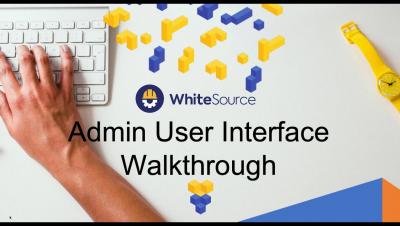Security | Threat Detection | Cyberattacks | DevSecOps | Compliance
Security
Dissecting a Phishing Campaign with a Captcha-based URL
In today’s environment, much of the population are doing their bank or financial transactions online and online banking or wire transfers have become a huge necessity. Recently, we received a phishing email that is targeting PayPal accounts. The email header contains an alarming subject and the From: address is a spoofed PayPal-like domain. The Message-Id is also highly suspicious as it uses web hosting site DreamHost which is not related to PayPal.
Alleged Okta Breach - What Can You Do?
Early in the morning of March 22nd a threat group known as LAPSUS$ posted screenshots on their Telegram account that allegedly show access to Okta internal systems such as Slack, Cloudflare, Jira, Salesforce and other “Okta cards.” Okta’s CEO Todd McKinnon apparently confirmed an event in January in a tweet:: “In late January 2022, Okta detected an attempt to compromise the account of a third party customer support engineer working for one of our subprocessors.
File Integrity Monitoring Policy: Best Practices to Secure Your Data
File integrity monitoring is essential for information security because it helps quickly identify unauthorized changes to critical files that could lead to data loss and business disruptions. File changes may be your first or only indication that you’ve been hacked in a cyberattack or compromised through errors by staff or system update processes.
Best practices for containerizing Go applications with Docker
Containerization describes the creation of a self-contained computing environment that runs on a host machine and any operating system (OS) with an available container runtime engine. Built from an image, a container holds an app and the filesystem alongside configurations, dependencies, binaries, and other specifications needed to run it successfully. Containers are typically much smaller than virtual machines and run in the host’s OS rather than containing OSs themselves.
WhiteSource SCA Administration - User Interface Walkthrough
Ransomware Attacks: How to Mitigate Risk and Protect Your Data
Shifting Log4j Discovery Right
You hear a lot about shifting your application security (AppSec) left – in other words, shifting AppSec to the beginning of the software development lifecycle (SDLC). While we firmly believe that you should continue scanning in development environments, that doesn’t mean that you should neglect applications that have been deployed to or staged in runtime environments.
Okta and LAPSUS$: What you need to know
Financially motivated adversary groups executing ransomware attacks have rightfully gotten our attention in recent years. Similar to Lulzec, there’s a new group catching attention with different motivations, targeting larger organizations.











